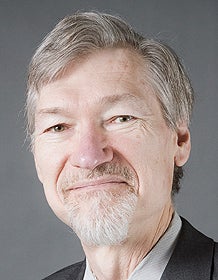Abstract
The separation of ownership and control publicized by Berle and Means in 1932 persists today. Domination of public companies by self-serving and ineffective executives costs America billions of dollars every year and contributed to the current economic meltdown. Repeated efforts to solve this problem--including the Sarbanes-Oxley Act, expanded disclosure duties, and more stringent requirements for director independence--have had little benefit and have sometimes made matters worse. The flaws in our corporate governance system are a growing problem for America’s economy as disillusioned investors increasingly place their capital in other countries.
Nonetheless, proposals for greater shareholder power have encountered criticisms: various shareholders have conflicting goals; shareholders favor a short-term perspective at the expense of the long-term health of companies; and shareholders lack the knowledge needed to play a positive leading role in corporate governance.
Keywords
director primacy model of corporate governance, CEO domination, shareholder primacy, board of independent directors, shareholder control, investor voice, (inter)shareholder conflicts, investor behavior, investor protection
Publication Date
2010
Document Type
Article
Place of Original Publication
Delaware Journal of Corporate Law
Publication Information
35 Delaware Journal of Corporate Law 97 (2010)
Repository Citation
Dent, George W., "The Essential Unity of Shareholders and the Myth of Investor Short-Termism" (2010). Faculty Publications. 505.
https://scholarlycommons.law.case.edu/faculty_publications/505

